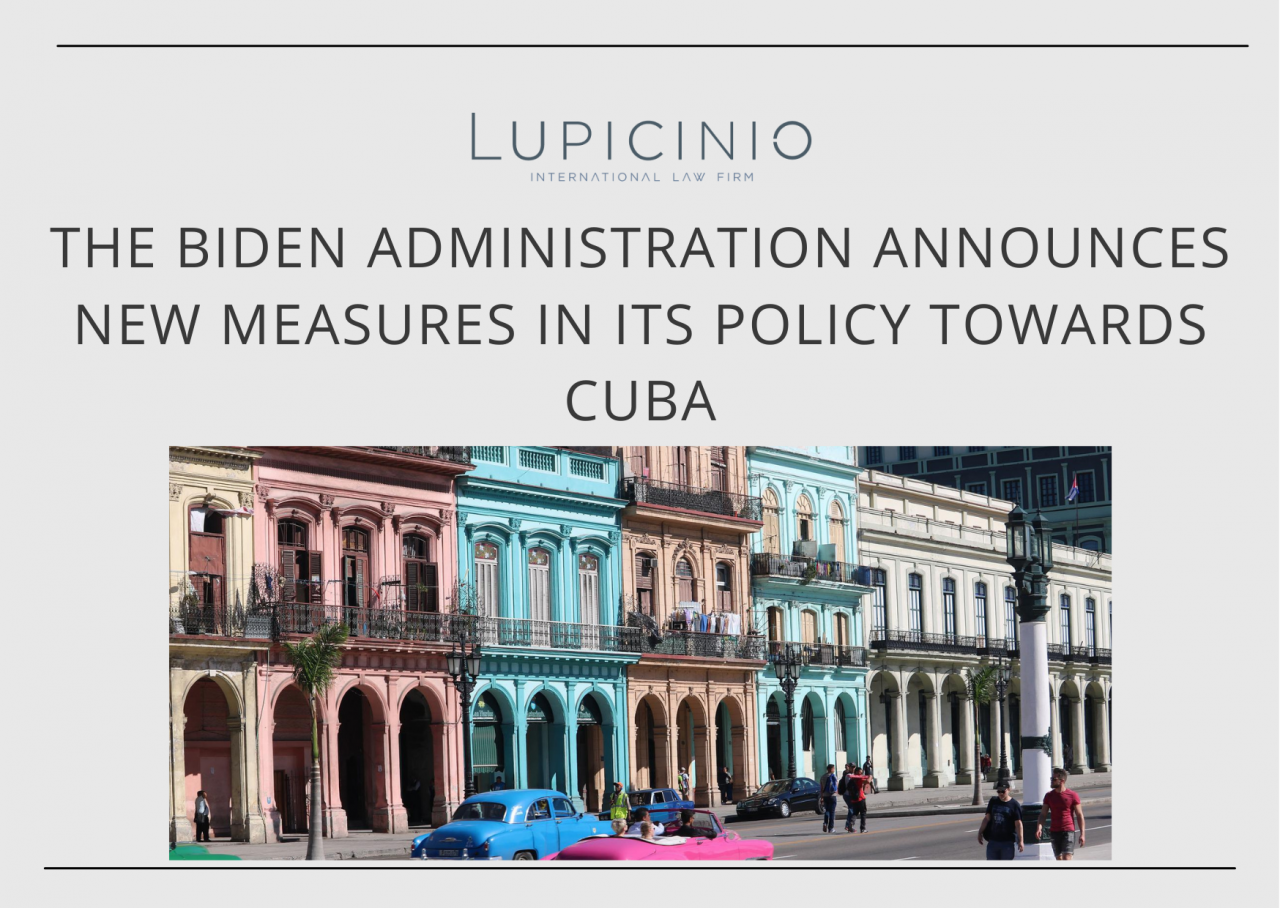After the tensions between Cuba and the United States that prevailed during the Trump era, negotiations on migration and other issues have resumed in a high-level bilateral meeting that took place in May 2022. This is the first Cuba-US rapprochement since Joe Biden came to the White House. During the election campaign, Biden had promised to improve deteriorating bilateral relations under Trump, who reinforced the embargo in place since 1962.
Under the Trump administration, the US adopted tough measures against the country. Travel to Cuba was restricted and Cuban business enterprises were sanctioned by the Treasury Department and the Department of Commerce. In January 2021, the Trump administration’s State Department also designated Cuba as a state sponsor of terrorism.
As a result, the State Department has announced the following measures:
On migration, the new measures focus primarily on increasing consular services to process 20,000 visas by the end of the year and resume backlogged cases, as well as granting multiple-entry visas.
The “Cuban Family Reunification Program” (CFRP), which was suspended in 2017 due to the significant reduction of staff at the US Embassy in Cuba, ordered by the Trump Administration, citing security reasons, will be reinstated.
On the other hand, US-Cuba professional and educational travel will be promoted. Flights to the interior of the country will also be authorised, as until now it was only possible to travel to Havana from the US.
Cuba’s private sector will be supported through greater access to internet services, applications and e-commerce platforms. US direct investment will be authorised for the first time since 1960.
Finally, the cap of $1,000 as the maximum amount a sender can send to a Cuban citizen as a family remittance per quarter is eliminated. They add that Washington will support “donation remittances” to Cuban entrepreneurs.
The measures outlined represent a partial lifting of sanctions on Cuba, as the first steps towards fulfilling President Biden’s campaign promise to reverse many of the sanctions imposed by his predecessor.







